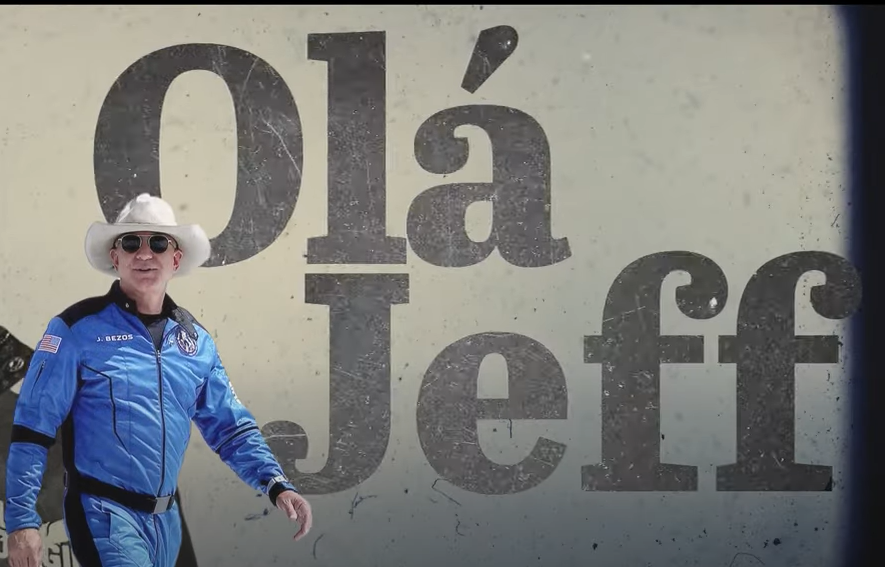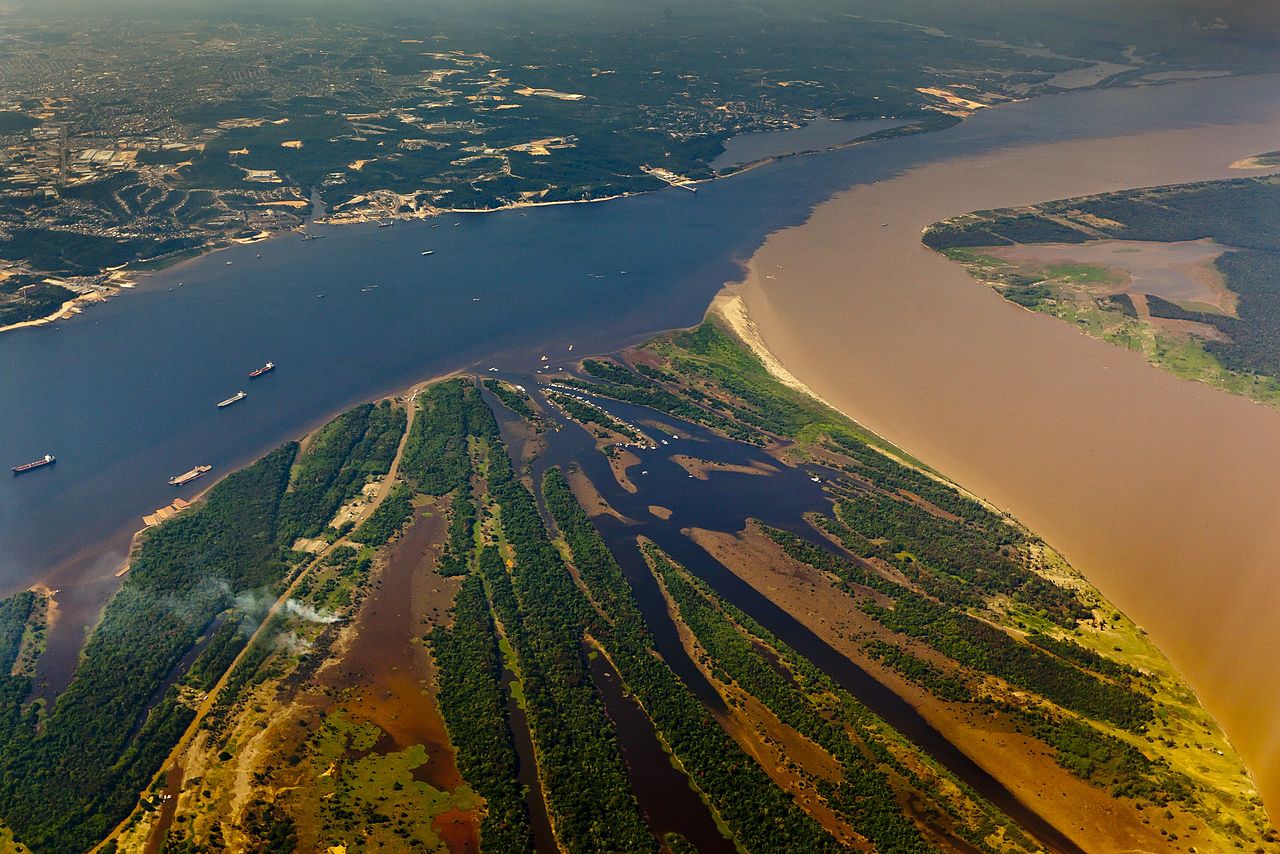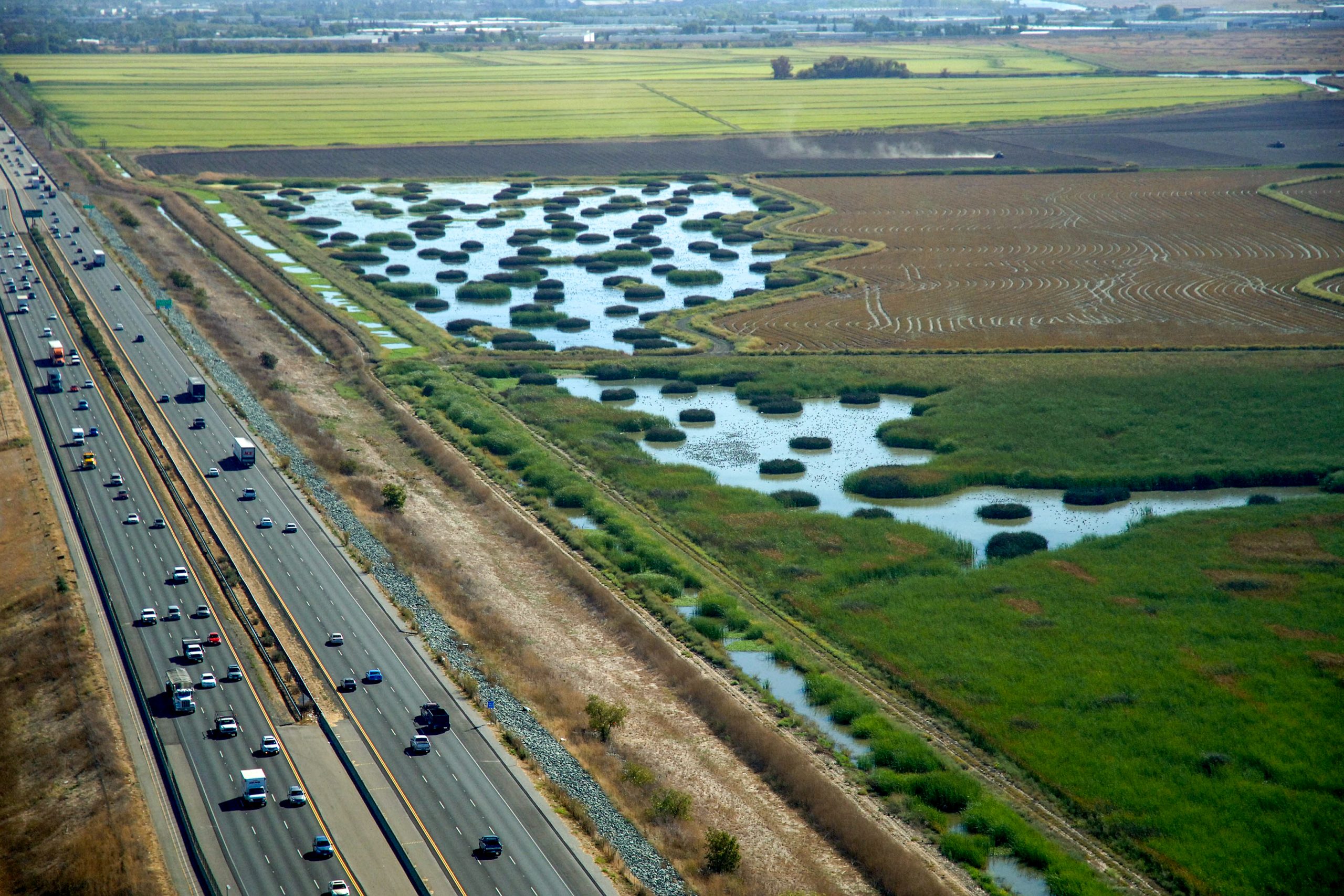Biodiversity & Species
Olá Jeff
Governor of Amazonas calls on Amazon’s founder Jeff Bezos (and other wealthy business leaders) to invest in a sustainable tropical forest economy
A new video from the governor of Amazonas kicks off with an informal salutation: “Olá, Jeff.” Directed at Jeff Bezos, the founder and former CEO of Amazon, the video is narrated in the voice of the Amazon rainforest and contrasts the activities and value of the mega corporation with that of the world’s largest tropical …
CONTINUE READINGGovernors Launch Action Plan to Reduce Deforestation and Improve Lives in Forested Regions
Manaus Action Plan for a New Forest Economy advances ambitious action at Governors’ Climate and Forests Task Force 12th Annual Meeting hosted by state of Amazonas
For more than a decade of leadership and innovation, member states and provinces of the Governors’ Climate and Forests (GCF) Task Force have been developing strategies, programs, investment plans, and new legal structures to address tropical deforestation, embark on a low-emissions development path, and benefit their populations and the climate. These governments have developed jurisdiction-specific, …
CONTINUE READINGGovernors’ Climate and Forests Task Force Kicks Off Annual Meeting in Heart of the Amazon Basin
12th Annual Meeting of GCF Task Force hosted by Governor of Amazonas in Manaus, Brazil, March 15-18, 2022
This week, on the banks of the largest river system in the world, Governors, environment secretaries and civil servants, Indigenous peoples and local community leaders, national governments, the private sector, and partner organizations will be meeting to discuss innovative partnerships and solutions to the threat of tropical deforestation at the 12th Annual Meeting of the …
CONTINUE READINGCan we govern large-scale green infrastructure for multiple water benefits?
by Lidia Cano Pecharroman, Christopher Williams, Nell Green Nylen, and Michael Kiparsky
Green infrastructure is increasingly emphasized as an alternative, novel path for water infrastructure. The possibilities are intriguing: Can we transition from a landscape dominated by siloed grey infrastructure (think concrete and steel, constructed for one or a few key outcomes like water supply or flood control) to one that centers natural processes in water infrastructure …
Continue reading “Can we govern large-scale green infrastructure for multiple water benefits?”
CONTINUE READINGReforming the California Endangered Species Act
Updating the state’s landmark biodiversity law for the twenty-first century
California has a rich heritage of biodiversity, with many species found nowhere else in the world (including the iconic giant sequoia trees). But California’s biodiversity faces grave threats – pressures from development that eliminates habitat; water shortages that harm aquatic species in California’s rivers; and climate change impacts that are shifting and altering habitats, among …
Continue reading “Reforming the California Endangered Species Act”
CONTINUE READINGScience article argues that conservation should be allowed to pay its own way on public lands
The law too often restricts resource rights on public lands to extraction activities and precludes conservation
The Bureau of Land Management (BLM) auction in February, 2016, for oil and gas drilling rights near Arches National Park was unremarkable. The high bidder, Tempest Exploration Co. LLC, paid $2,500 for the 1,120 acre lease by credit card and began paying annual rental fees. What soon did prove remarkable, though, was the revelation that …
CONTINUE READINGEarth System Interventions for Sustainability
We actively shape major Earth systems, with increasingly powerful technologies. We should face up to it.
Stewart Brand–a contender for the most interesting living person in the world–famously opened the Whole Earth Catalogue in 1969, “We are as gods and might as well get good at it.” Importantly (and often misunderstood), he meant not that we are gods, but instead that technologies have given humanity powers that had previously been exclusive …
Continue reading “Earth System Interventions for Sustainability”
CONTINUE READINGCalculating the Extinction Cost of Carbon
Or, how many megatons do we need to cut to prevent one extinction?
Economists often talk about the social cost of carbon, which basically translates the harm done by a ton of CO2 into dollars. The dollar metric is less useful as applied to ecological impacts like species extinctions than impacts of humans. It may be better to skip the dollar conversion, and just ask how much a …
Continue reading “Calculating the Extinction Cost of Carbon”
CONTINUE READINGNature As A Carbon Sequestration Solution
New CLEE/Emmett Institute report analyzes policy solutions to accelerate investment
New UC Berkeley/UCLA Law report discusses policy solutions to accelerate investment in nature-based climate solutions in California. Register for a free webinar on Wednesday, June 16 from 10:00 AM to 11:00 AM Pacific Time with an expert panel to learn about the top findings. This post is co-authored by Katie Segal and Ted Lamm. Some …
Continue reading “Nature As A Carbon Sequestration Solution”
CONTINUE READINGOffering “Carrots” to Protect the Amazon
Brazil asks for a billion dollars to slow deforestation. Would this be cooperation or extortion?
In March, US President Joe Biden invited the leaders of 40 countries to a virtual climate change summit, which takes place today and tomorrow. During the lead-up to this, many countries announced commitments of varying specificity and firmness to reduce greenhouse gas emissions. (I hope to write soon on the European Union.) Brazil’s position is …
Continue reading “Offering “Carrots” to Protect the Amazon”
CONTINUE READING












